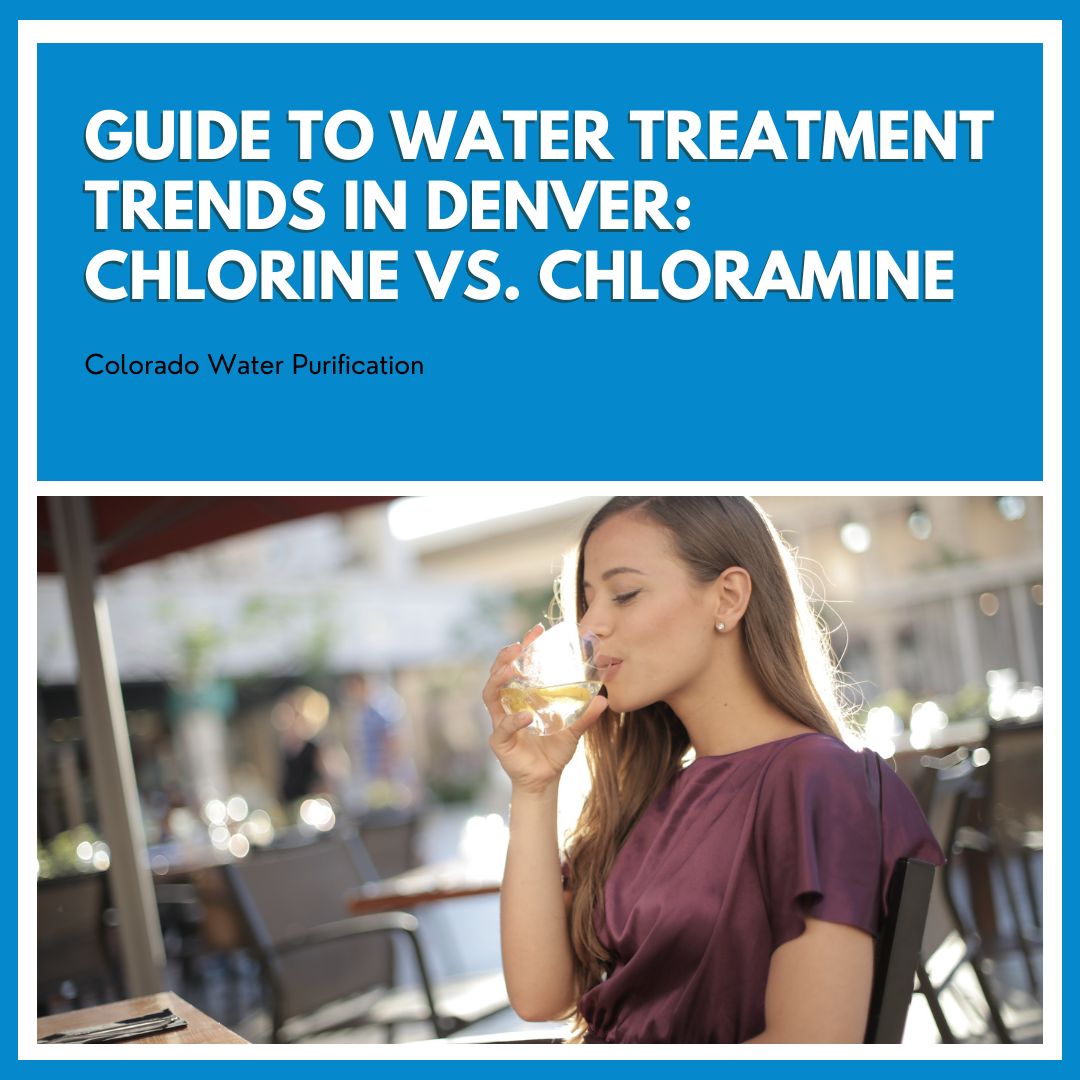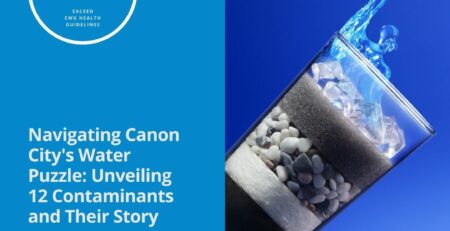Guide to Water Treatment Trends In Denver: Chlorine vs. Chloramine
As a homeowner in Denver, you may be wondering what the best water treatment option is for your family. Chlorine and chloramine are two of the most common treatments used in Denver, and both have their pros and cons. In this guide, we will compare and contrast chlorine and chloramine so that you can make an informed decision about which treatment is right for you. Thanks for reading!
Chlorine vs Chloramine: What is Chloramine in Water?
Chloramine is a compound of chlorine and ammonia that is used to treat drinking water. It is less effective at killing bacteria than chlorine, but it persists in the water for a longer period of time. Chloramine is also used in swimming pools and hot tubs to kill bacteria and viruses.
Pros of Chlorine:
- Chlorine is a very effective disinfectant and kills most bacteria and viruses
- Chlorine is relatively inexpensive
Cons of Chlorine:
- Chlorine can react with organic matter in the water to form harmful byproducts, such as trihalomethanes (THMs)
- Chlorine can cause skin and eye irritation
- Chlorine can damage hair
Pros of Chloramine:
- Chloramine is less likely to form harmful byproducts than chlorine
- Chloramine persists in the water for a longer period of time, which provides continuous disinfection
Cons of Chloramine:
- Chloramine can cause skin and eye irritation
- Chloramine can damage hair
- Some bacteria and viruses are resistant to chloramine
Why is Chloramine Added to Water?
Chloramine is added to water to disinfect it and kill harmful bacteria and viruses. Chloramine is a more stable compound than chlorine, which means it persists in the water for a longer period of time and provides continuous disinfection. However, some bacteria and viruses are resistant to chloramine, so it’s important to take steps to protect yourself and your family from waterborne illness.If you’re concerned about the effects of chloramine on your health, you can install a whole-house filtration system to remove it from your water. You can also use bottled water for drinking, cooking, and brushing your teeth.
Chloramine Water Filters and Removal
As more and more municipalities move to chloramine water treatment, many people are left wondering how to remove chloramine from their water. Reverse osmosis systems are an effective way to remove chloramine (as well as other contaminants) from your water. If you’re looking for a less expensive option, whole-house activated carbon filters can also remove chloramine from your water.
If you’re concerned about the effects of chloramine on your health, you can install a whole-house filtration system to remove it from your water. You can also use bottled water for drinking, cooking, and brushing your teeth.
What is Chlorine in Water?
Chlorine is a chemical that is used to treat water. It is added to public water supplies to kill bacteria and other harmful microorganisms. Chlorine is effective at killing bacteria, but it can also be harmful to human health.
Some of the potential health effects of chlorine exposure include:
- Irritation of the skin, eyes, and respiratory system
- Increased risk of cancer
- Increased risk of heart disease
Chlorine is added to water supplies in the form of chlorine gas or sodium hypochlorite. Chlorine gas is highly corrosive and can be harmful to human health if inhaled. Sodium hypochlorite is a less corrosive form of chlorine that is often used in swimming pools and hot tubs.
Chloramine is a chemical compound that is formed when ammonia is added to chlorine. Chloramine is often used as an alternative to chlorine in public water supplies. Chloramine is less effective than chlorine at killing bacteria, but it is more stable in water and does not produce hazardous byproducts.
Treatment Trends in Denver:
In recent years, many water utilities have switched from chlorine to chloramine as a disinfectant. This is because chloramine is more effective at preventing the growth of harmful bacteria and viruses in water. However, chloramine can also cause skin and eye irritation, and some bacteria and viruses are resistant to it. Therefore, it is important to be aware of the pros and cons of chloramine before using it in your home.










